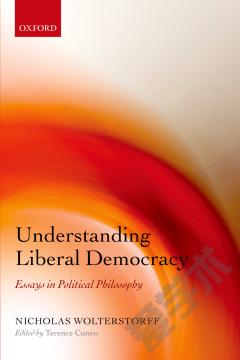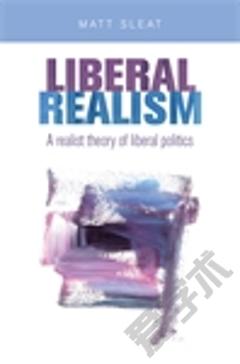Justificatory Liberalism —— An Essay on Epistemology and Political Theory
----- 自由自由主义
This book advances a theory of personal, public and political justification. Drawing on current work in epistemology and cognitive psychology, the work develops a theory of personally justified belief. Building on this account, it advances an account of public justification that is more normative and less "populist" than that of "political liberals." Following the social contract theories of Hobbes, Locke and Kant, the work then argues that citizens have conclusive reason to appoint an umpire to resolve disputes arising from inconclusive public justifications. The rule of law, liberal democracy and limited judicial review are defended as elements of a publicly justified umpiring procedure.
{{comment.content}}








 京公网安备 11010802027623号
京公网安备 11010802027623号